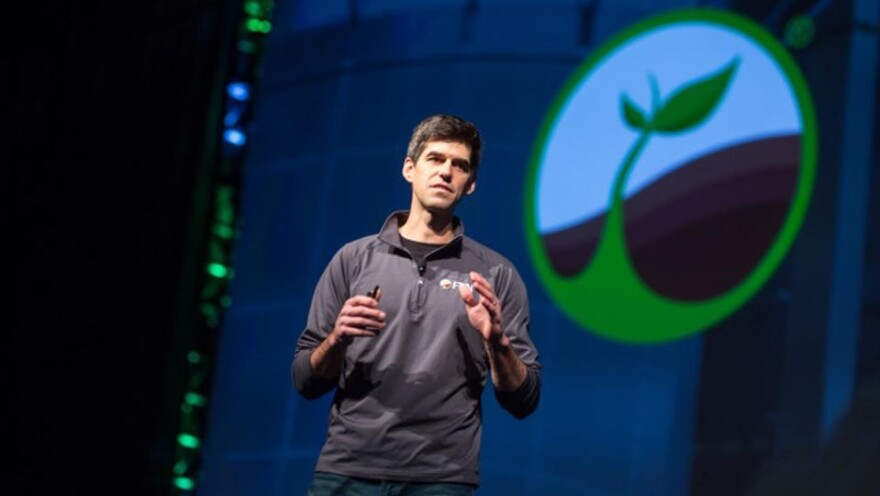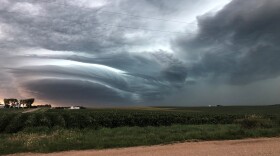Some farming methods are better for the environment, but they don’t always come with a big or immediate financial reward.
A quickly growing ag-technology company with an office in Sioux Falls wants to change that.
The six-year-old Farmers Business Network collects data from thousands of farms. Company executive and South Dakota native Devin Lammers said the company analyzes that data and feeds it back to farmers, who use it to improve their operations.
“What we realized is that farmers are putting in a lot of investment today on the sustainability side, but they’re not getting credit for it,” Lammers said. “We want to create more opportunities where they can benefit from those investments. Because on the other side of the equation, consumers want products with more sustainable attributes.”
So the company is spinning off a new business called the GRO Network. The network will use some of the company’s data to score a farm’s environmental impact.
Farmers who do enough to reduce that impact can get their crops verified as low-carbon grain. That could happen by employing methods such as no-till, planting cover crops, and using precision technology to cut down on fuel and fertilizer use.
Lammers hopes companies will line up to buy low-carbon crops. So far, the project is backed by three companies: Poet, Unilever and Tyson. Poet makes ethanol and could potentially use low-carbon grain to meet evolving regulatory standards, such as those in California. Unilever buys grain to make pasta, and Tyson slaughters livestock that feeds on grain; both are seeking lower-carbon inputs in response to consumer concerns about the environment and climate change.
Todd Hanten farms near Goodwin in northeastern South Dakota. He helped Farmers Business Network pilot the new project.
“Now I’m hoping that it will be able to help with possibly getting paid something for doing these practices that help carbon sequestration and help store carbon and things in the soil,” Hanten said, “and hopefully there’s a benefit to guys that are doing the most sustainable and best practices.”
-Seth Tupper is SDPB's business and economic development reporter.






